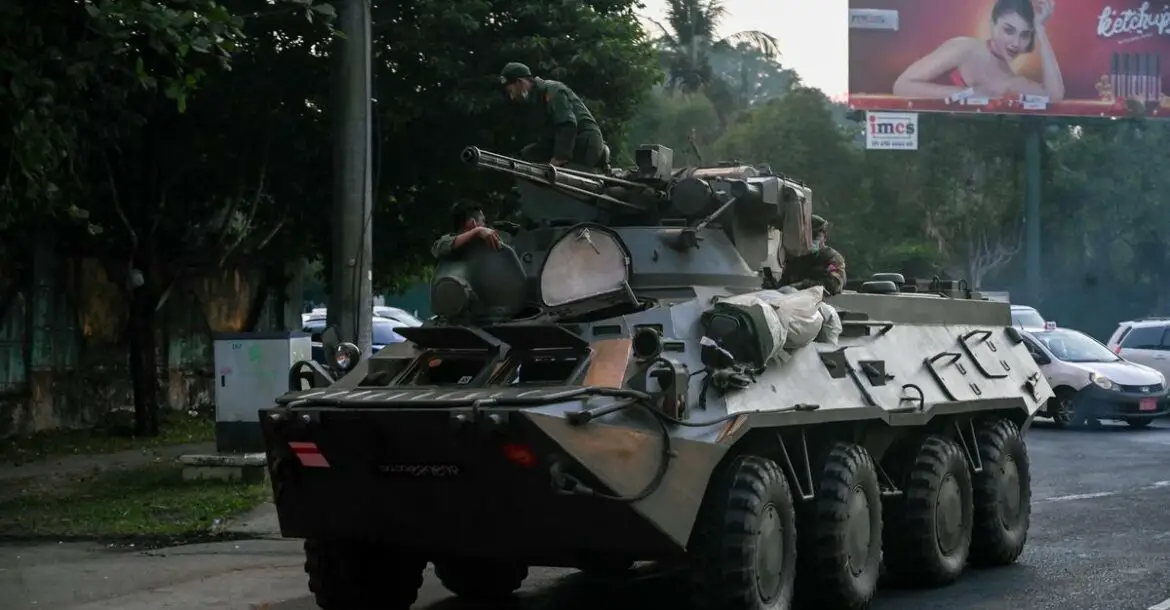
A Sri Lankan farmer sprays pesticide at his rice farm at Piliyandala, just outside the Sri Lankan capital Colombo (AFP/LAKRUWAN WANNIARACHCHI)
Wed, November 24, 2021,
Sri Lanka on Wednesday lifted its partial ban of a weedkiller subject to US lawsuits over claims it causes cancer, after abandoning a campaign to become the world's first completely organic farming nation.
The island country has been in the grips of a severe economic crisis, with a lack of foreign exchange triggering shortages of food, crude oil and other essential goods.
On the weekend, authorities lifted a ban on pesticides and other farming goods, after food shortages saw the price of vegetables double and supermarkets began rationing rice.
Sri Lanka completely banned the use of glyphosate -- classified as a "probable carcinogen" by the World Health Organization -- in 2015.
Three years later it carved out a limited exemption for the tea industry, the country's main export earner.
A government bulletin circulated on Wednesday revoked all remaining restrictions on the weedkiller with immediate effect.
Agriculture minister Mahindananda Aluthgamage confirmed to reporters on Wednesday that all remaining bans on agricultural products had been abolished.
Glyphosate is the active ingredient in weedkiller Roundup and has been widely used around the globe since its introduction in 1974, both on food crops and outside of agriculture on public lawns and in forestry.
German chemicals giant Bayer has been plagued by legal woes since it bought Roundup producer Monsanto in 2018, with a series of claims by cancer patients who say glyphosate caused them to fall ill.
The firm has set aside billions of dollars to cover the costs of the lawsuits.
President Gotabaya Rajapaksa banned agricultural chemical imports in May, saying he wanted to make Sri Lankan farming 100 percent organic.
The island had previously spent up to $400 million each year to import fertiliser, much of it given to farmers for free.
Rajapaksa's office admitted the import ban had led to the abandonment of around a third of Sri Lanka's farmlands during the current cultivation season, which began a month ago.
aj/gle/ssy













